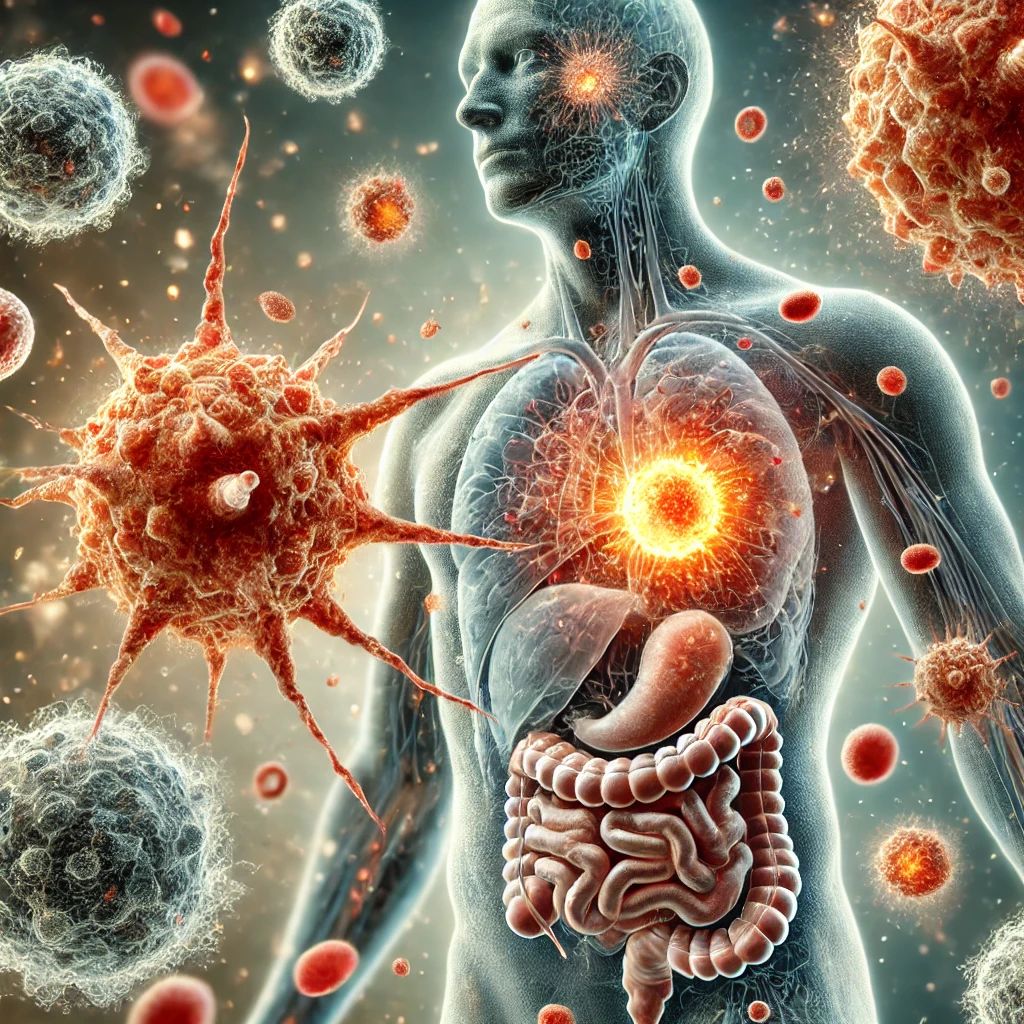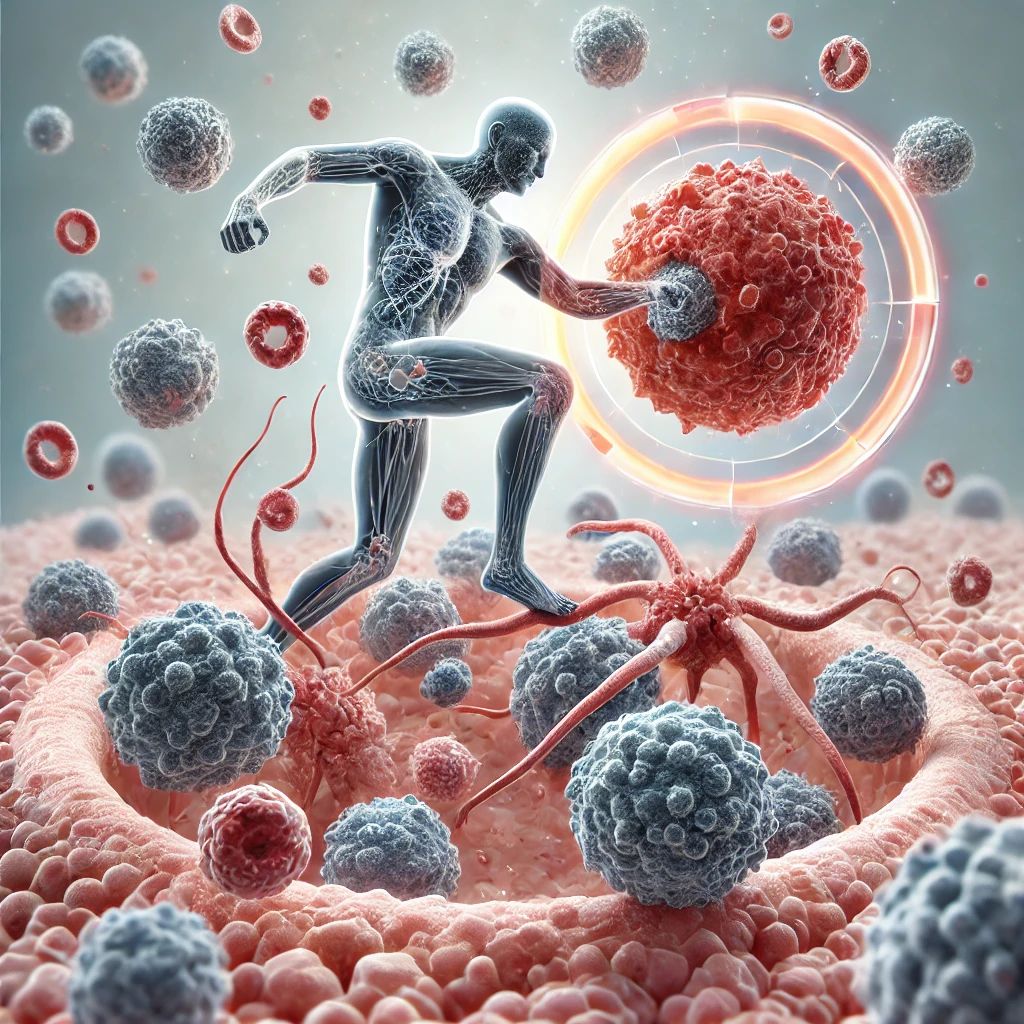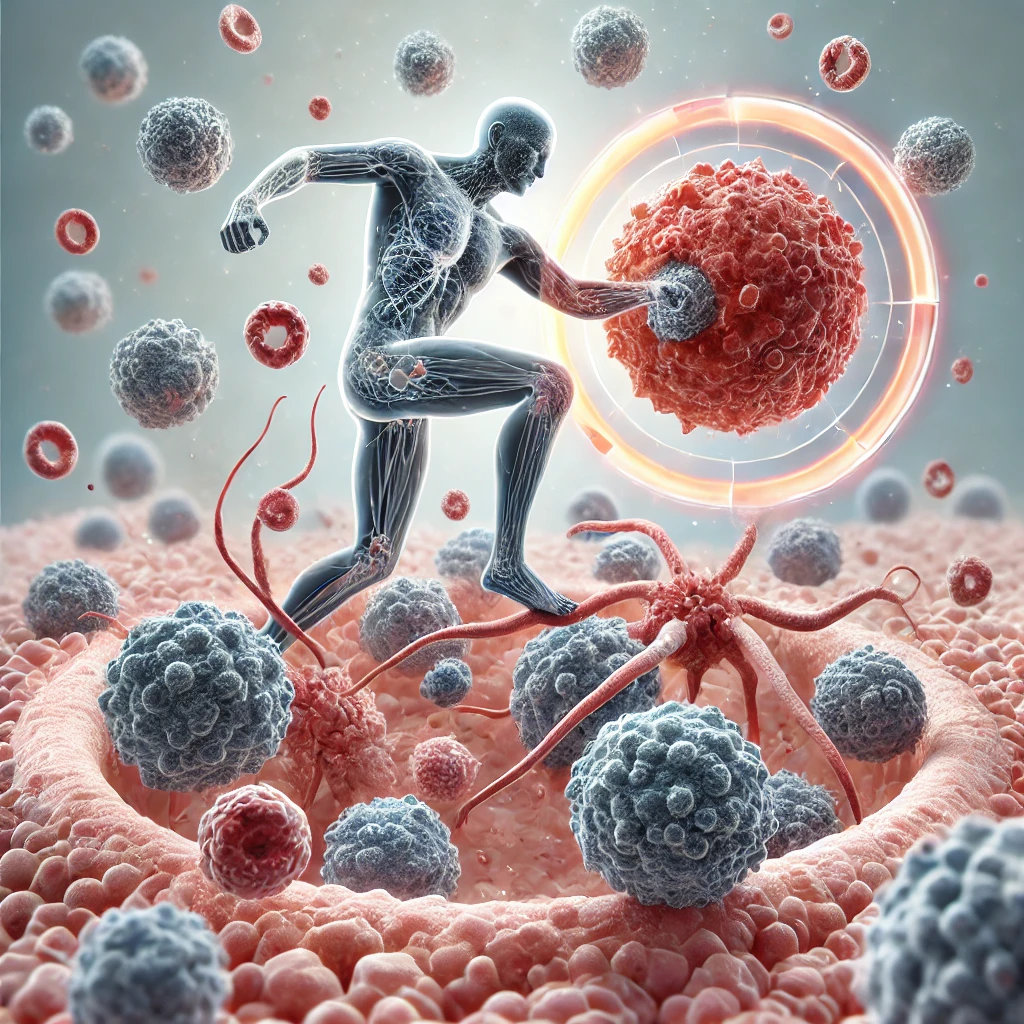Malignant tumors are one of the most significant health challenges of our time, yet there have been documented cases where people have recovered from cancer without any medical intervention. This phenomenon of spontaneous tumor regression raises questions among scientists and doctors, as the body seemingly manages to destroy cancerous cells and regenerate healthy tissue. How is this possible, and what are the mechanisms behind this natural miracle?

Spontaneous tumor regression refers to rare cases where the body, without treatments such as chemotherapy or surgery, manages to eliminate tumors. Although rare, these cases have been recorded in medical literature and are a subject of great interest in the field of medicine.
How Does Spontaneous Regression Occur?
Scientists are still unsure how exactly this phenomenon happens, but several theories exist. One of the most popular theories is that the immune system, in some cases, is able to recognize and attack cancer cells, even though they typically “hide” from immune response. In these rare instances, the body may activate a strong immune response that destroys the tumors.
The Role of Infections:
Some researchers suggest that certain infections may trigger an immune system response that also attacks the tumors. For example, there are cases where cancer patients experienced severe infections, and after recovery, their tumors regressed. This hypothesis is intriguing, but there is not yet enough evidence to fully prove it.
Genetic and Epigenetic Factors:
Some experts believe that genetic mutations or epigenetic changes in certain individuals may make them more susceptible to spontaneous healing. They may have specific genetic markers that allow cells to regenerate or the immune system to function differently.
Psychological Factors:
The psychological state of the patient, such as having a positive mental attitude, reducing stress, or having a strong will to live, is also a subject of investigation. Although these factors are not sufficient to explain the phenomenon, there is evidence that mental health can impact physical health and the body’s ability to fight illness.

Can Spontaneous Regression be Predicted?
Unfortunately, spontaneous regression is so rare and unpredictable that it cannot currently be used as a strategy for cancer treatment. However, research in this area could lead to new ways of stimulating the immune system or genetic interventions that might replicate this process.
Spontaneous tumor regression is one of the most mysterious phenomena in medicine. While it occurs very rarely, this phenomenon suggests that the body may have abilities that science has yet to fully understand. With further research, there is hope that we can better comprehend this process and potentially develop new cancer treatments based on the body’s natural healing mechanisms.
Further Reading on Spontaneous Tumor Regression
For further information on the phenomenon of spontaneous tumor regression, you may explore the following reputable sources:
1. National Cancer Institute (NCI):
This organization provides detailed insights into spontaneous regression, particularly in neuroblastoma cases in infants.
Learn more on the NCI website.
2. National Center for Biotechnology Information (NCBI):
NCBI hosts research articles and studies exploring the mechanisms behind spontaneous tumor regression.
Explore research on NCBI.
3. American Cancer Society (ACS):
The ACS offers general information on cancer remission, including spontaneous regression and potential contributing factors.
Visit the ACS page on cancer remission.
More Useful Links:
The Power of the Placebo Effect: Can the Mind Trick the Body into Healing?
Healing Through Sound: Can Specific Frequencies Truly Affect Your Mental State?
Sleeping on the Floor: Best for Your Back or Just Another Trend?
